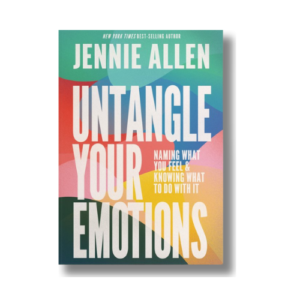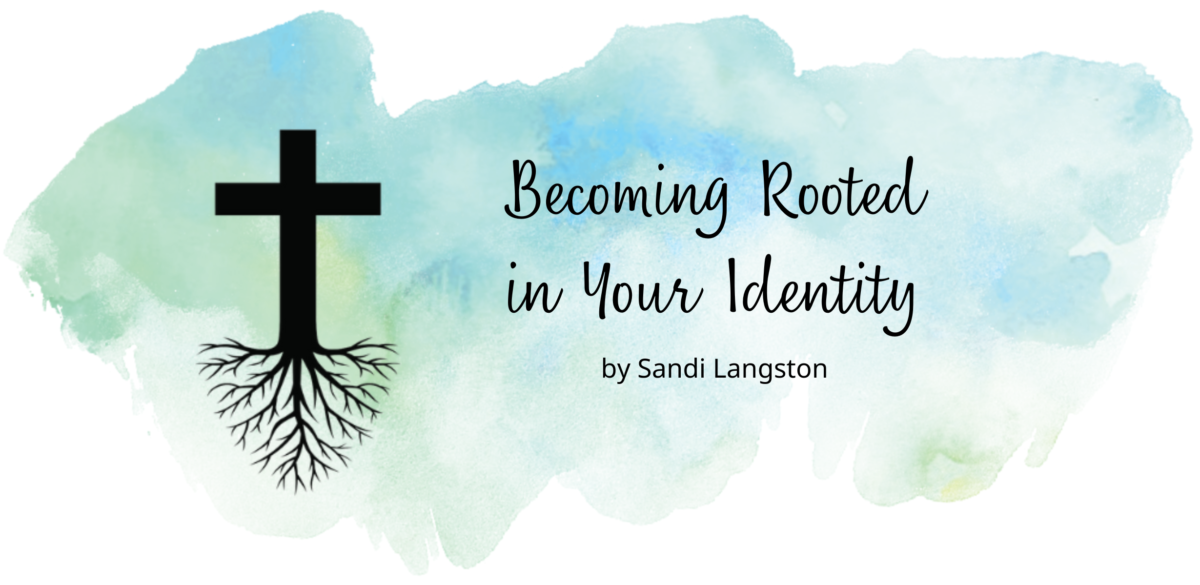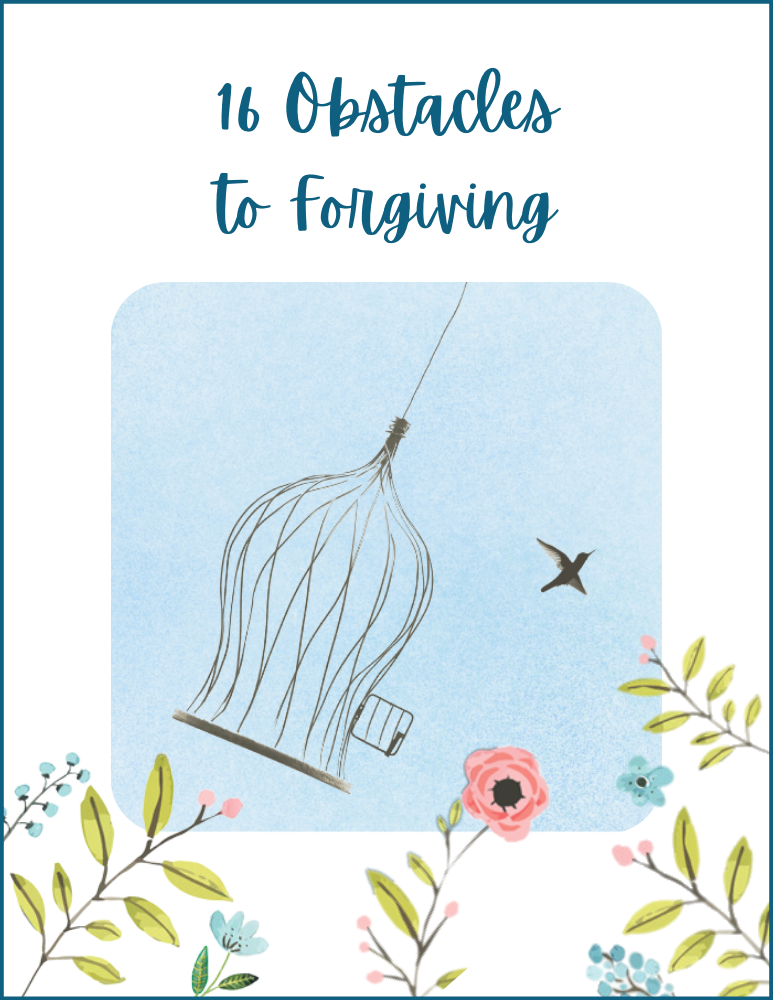Emotions are neither tame nor convenient but ignoring them is detrimental. Instead, being emotionally honest can foster deep community.

Jennie Allen used to be a fixer, but over the past years she’s learned how to feel her emotions. She’s learned how her emotions can help connect her with God and others. Untangle your Emotions is a call to emotional honesty and vulnerability with oneself and others.
“I saw that there was another way to live – that by experiencing my feelings instead of stuffing them or denying them, I could live a far more fulfilling life. I learned that by sharing what I was feeling with real, live human beings, I could have deeper community than I’d ever experienced before.”
All Emotions are Good
Somehow, we’ve picked up the message that certain emotions are not good, or even sinful. We’ve felt ashamed of those emotions and tried to squelch them, hide them, numb them. But we can’t numb ourselves to sadness or anger without also numbing ourselves to joy. These emotions occupy the same parts of the brain.
Allen offers us a better alternative: bring these emotions – all of them – to God. “We can’t be emotionally healthy if we refuse to be emotionally honest.” She also emphasizes the need to be open with others about how we are really doing. We cannot effectively be part of a team if we are emotionally disengaged.
Being aware and open about our emotions can foster deeper community. We create space for our emotions and are willing to speak about them. Others validate our emotional experiences, allowing each person to feel “seen and safe and soothed.” When we can respond with what we feel rather than we they think, relationships grow closer.
Allen leads the way, sharing some of her own family’s hardships. She’s open about her own moments of frustration and overwhelm, and we can learn a lot about the value of creating space for our emotions from her personal stories.
Becoming Emotionally Honest is a Journey
Allen comes across as a passionate advocate for counselling, largely because of her own revolutionary transformation. Counselling showed Allen she had forgotten how to feel. Over time she went from being emotionally numb to emotionally honest and alive. Allen’s own growth is great inspiration for those who wish to progress towards emotional maturity – not that we ever fully arrive.
Did you know that “the more specifically you are able to describe what is going on inside you, the more flexible you will become in the face of that emotion”? *
Untangle Your Emotions helps us become aware of what is going on inside of us. It helps us increase our vocabulary around emotions and brave sharing how we feel. It shows us how to connect with others in a way each person feels seen, accepted, and loved. Allen gives practical advice for welcoming all our emotions. They are good gifts with the purpose of connecting deeply with one another. The book is a general overview for working with our emotions. It does not offer guidance for specific emotions.
Avoiding the Extremes
Allen cautions us of a potential pitfall as we become more aware of our emotions: we can easily become consumed by introspection. We may be hyperaware of our emotional state while we are learning about emotions (as is with many things we learn about). However, the goal is to accept this part of ourselves and learn to work with it so we can ultimately focus outwards and connect with others.
Allen observes that emotions themselves are not sinful, but our responses can be. She does not go into detail about what to do when that happens. It’s fair enough to be honest about our jealousy or hatred or lust or pride, but at some point as Christians we do need to call one another to repentance.
Emotional Health 101
Some of Allen’s advice is basic, but she’s wise to revisit things we tend to overlook, such as sleep or nutrition. Not all of it is new information, but it is powerful when put into practice. Untangling our emotions can transform the health of our teams, our friendships, and our marriages.
I recommend this book for those who are “fixers” rather than “feelers,” those who tend to stuff or ignore their emotions, those who have been taught that some emotions are bad, and those who would like to glean practical tips for allowing emotions to foster deeper community.
I love Jennie Allen’s passion and openness and I trust this book will encourage you in your personal journey and your relationships.
* Quote from Kashdan, Feldman Barrett, McKnight.




